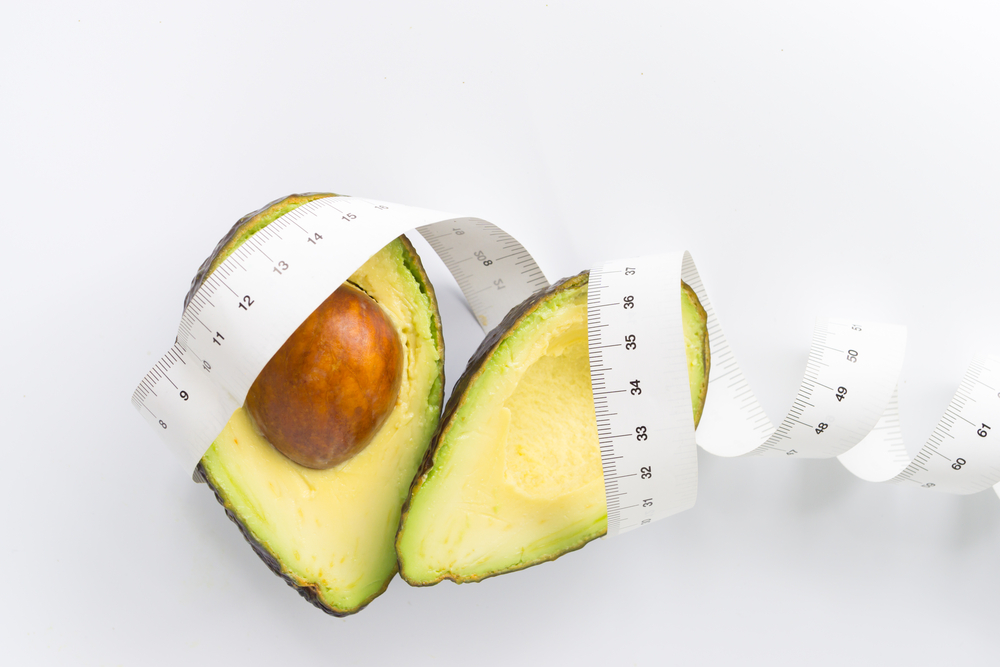Contents:
- Medical Video: Most People Have No Idea Their Diabetes Drug Can Cause A Vitamin B12 Deficiency Look for These 7 War
- Vitamin B12 deficiency can cause diabetes complications
- Am I deficient in vitamin B12?
- Why is vitamin B12 deficiency a serious condition?
- What is the difference between diabetic neuropathy and B12 neuropathy?
- What should I do if I have a vitamin B12 deficiency?
Medical Video: Most People Have No Idea Their Diabetes Drug Can Cause A Vitamin B12 Deficiency Look for These 7 War
Vitamin B12 deficiency can cause several health problems. One effect is to make the condition of diabetes more severe or commonly referred to as a complication of diabetes. How can,
Vitamin B12 deficiency can cause diabetes complications
Vitamin B12 is needed to maintain the nervous system and healthy blood cells. Unfortunately, the body cannot produce vitamin B12 naturally. The best way to get vitamin B12 is through your food. This important vitamin is obtained from meat, fish, poultry and milk products. If you don't eat enough of this food, your body can lack vitamin B12.
Taking enough vitamin B12 is not the only thing that matters. Your body also needs to absorb it efficiently. Some medicines such as Pepcid AC, Prevacid, Prilosec, and Zantac, as well as other drugs used to treat acid reflux, peptic ulcer disease, and infection, may make it harder for your body to absorb vitamin B12.
Other drugs that can interfere with B12 absorption are metformin which is a treatment type 2 diabetes generally.Diabetes can make you more susceptible to vitamin B12 deficiency. A study in 2009 found that 22% of people with type 2 diabetes had a deficiency of vitamin B12.
Am I deficient in vitamin B12?
Symptoms of vitamin B12 deficiency may initially be mild and not too pronounced. If you lack this vitami, you may have no symptoms at all. Some of the more common initial symptoms are:
- fatigue
- weakness
- loss of appetite
- weight loss
- constipation
It may be easy to ignore these minor complaints, but over time, a deficiency of vitamin B12 can cause even bigger problems.
Why is vitamin B12 deficiency a serious condition?
Vitamin B12 deficiency can cause serious complications. One of them is called pernicious anemia. Anemia means you don't have enough healthy red blood cells. This condition reduces oxygen intake into your cells.
According to a study in the Journal of Oral Pathology Medicine, less than 20% of people with pernicious anemia experience vitamin B12 deficiency.
Symptoms of anemia include:
- fatigue
- pale skin
- chest pain
- dizzy
- headache
You might even lose your sense of taste and smell. More serious symptoms include a fast or irregular heartbeat and shortness of breath.
This vitamin deficiency can also cause paresthesia. This condition is a sensation of heat or itching on the skin, usually occurs in the arms, hands, feet and soles of the feet. Some people experience numbness or tingling.
Low vitamin B12 is sometimes associated with high levels of amino acids called homocysteine. This can increase the risk of heart disease and stroke.
Severe long-term vitamin B12 deficiency can cause loss of mobility, difficulty walking, memory loss, delusion, and depression. This can even cause dementia.
What is the difference between diabetic neuropathy and B12 neuropathy?
One risk of side effects of diabetes is neuropathy or nerve damage. This is caused by high blood glucose which lasts for a long time. The most common symptoms of diabetes neuropathy are numbness, weakness, and pain in the hands and feet. This condition is called peripheral neuropathy. This can also affect other body parts, including the digestive tract.
You don't have to have diabetes to experience neuropathy. Prolonged vitamin B12 deficiency can also damage your nerves. Whether you have diabetes or not, the symptoms of neuropathy are the same and should not be ignored.
What should I do if I have a vitamin B12 deficiency?
If you have symptoms of vitamin B12 deficiency, consult your doctor immediately. Some symptoms, especially at the beginning, are difficult to see. These symptoms can also be caused by various other things.
A simple blood test can determine whether you lack vitamin B12. If you have diabetes and B12 deficiency, your doctor may do a complete physical examination to find the cause. Your blood glucose level will also be checked.
Maintaining a healthy blood sugar level can help you control the absorption of vitamin B12. Diet, regular exercise, and adequate sleep can also help. Your doctor can recommend a treatment plan that is tailored to your needs.
You might be advised to increase your intake of vitamin B12 in your diet. Sources of vitamin B12 include red meat, fish, and poultry. Vitamin B12 can also be found in eggs and dairy products. Cow's shells and liver have very high vitamin B12 content.
Vitamin B12 does not form naturally in plants. But some foods, like nutritional yeast (mushroom flavoring), bread, cereals, and tofu, enriched with vitamin B12. There are also many foods that do not contain vitamin B12, so be sure to read nutritional labels carefully.
Your doctor may also advise you to take a vitamin B12 supplement, especially if you have a vegetarian diet or you are a vegan. If you are very deficient in vitamin B12, your doctor can give B12 injections.
Follow your doctor's advice to avoid serious complications of this complex vitamin B deficiency. In addition, do tests and follow-up checks to make sure you are healthy.












